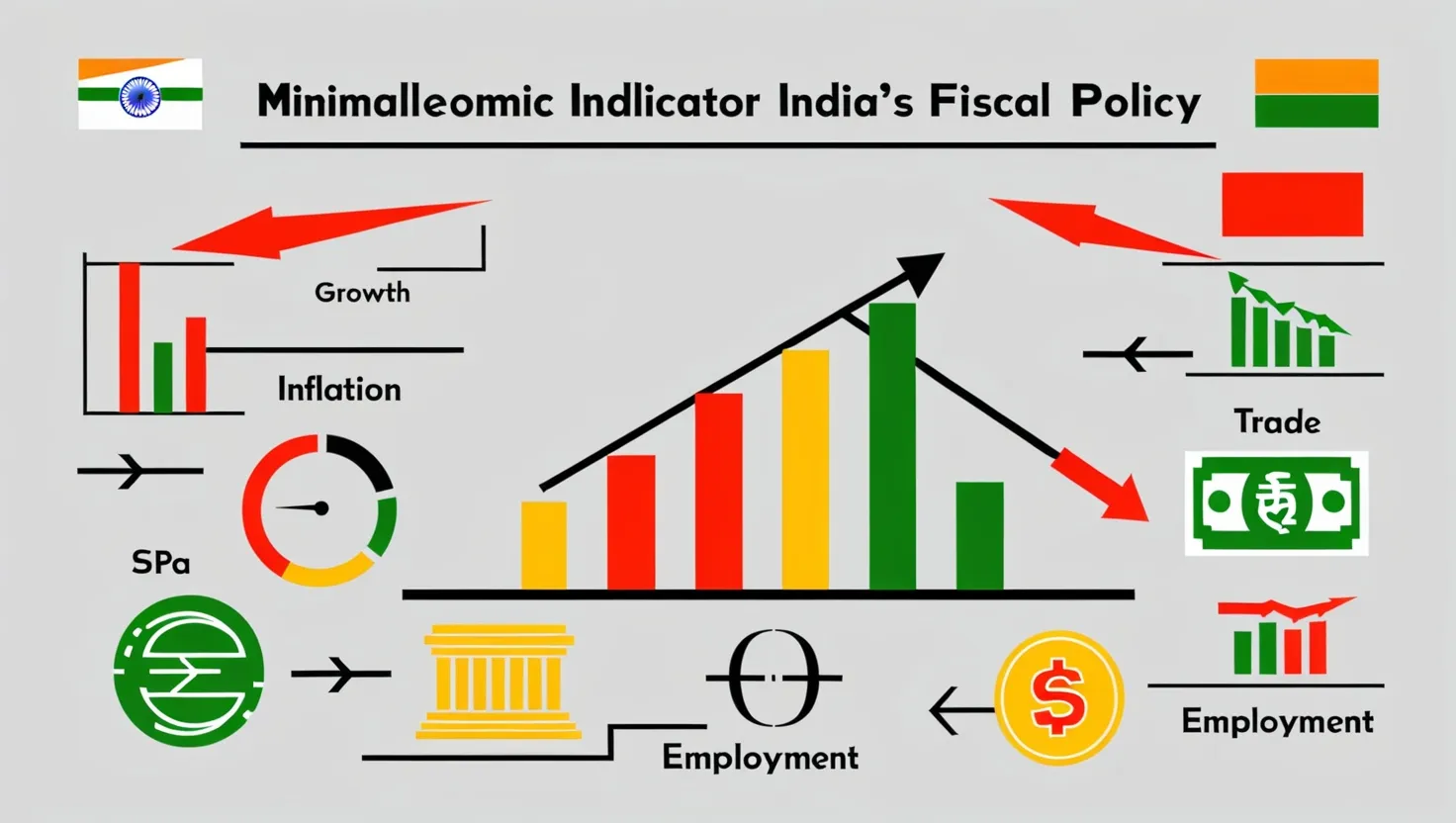When it comes to our financial behaviors, it's often surprising how deeply our family's beliefs and experiences shape our actions. This phenomenon can be likened to epigenetics, where environmental factors influence gene expression without altering the DNA sequence itself. In the realm of finance, these inherited beliefs are known as "money scripts," and they can have a profound impact on our financial health and decisions.
Let's consider the story of Rohan and Riya, twins raised in the same household but who developed starkly different approaches to money. Despite their identical upbringing, Rohan is a meticulous saver, always cautious about spending, while Riya has a more carefree attitude towards money, often splurging on luxuries. This disparity isn't just a matter of personality; it's rooted in the unique money scripts each of them internalized during their childhood.
Money scripts are unconscious beliefs about money that we form early in life, often through direct and indirect lessons from our family members. For instance, if Rohan frequently heard his parents stressing the importance of saving for a rainy day, he might have developed a money script that equates saving with security. On the other hand, if Riya saw her parents enjoying luxuries and never worrying about the cost, she might have internalized a script that associates spending with happiness.
These scripts are not just random beliefs; they are deeply embedded in our psyche and can be incredibly resistant to change. They are formed through a process called family financial socialization, where our cultural background, upbringing, and the lessons we learn from our parents and peers all play a role. Even small differences in how we experience these lessons can lead to vastly different money scripts. For example, if Rohan and Riya were both raised in a low-income household, Rohan might have learned to be frugal to ensure survival, while Riya might have rationalized that since there was never enough money, she should spend what she has freely.
One of the most fascinating aspects of money scripts is how they can be both beneficial and harmful. A money script that emphasizes saving can be positive, helping you build a safety net and achieve long-term financial goals. However, an excessive focus on saving can lead to financial anxiety and guilt, making it difficult to enjoy the fruits of your labor. Similarly, a script that encourages spending can bring immediate joy but may lead to financial instability and debt.
There are several common types of money scripts that people often develop. The "Money Avoidance" script, for instance, involves negative beliefs about money, such as "Rich people are greedy" or "Good people shouldn't care about money." People with this script often avoid thinking about money and may self-sabotage their financial success. On the other hand, the "Money Status" script equates money with self-worth, leading individuals to overspend on items that display their wealth.
Rohan and Riya's journey to understand their money scripts began with a simple exercise: reflecting on their first memories of money. For Rohan, it was the offering plate at church, where he was given a quarter to contribute, teaching him the value of giving and the importance of participating in financial rituals. For Riya, it was the Tooth Fairy, who left her money for her teeth, creating a magical and somewhat detached view of money.
As they delved deeper, they realized that their money scripts were not just personal but also generational. Their parents' and grandparents' experiences with money had shaped their own beliefs. For example, their grandfather's story of struggling through economic hardship had instilled in their parents a strong emphasis on saving, which was then passed down to Rohan. However, their grandmother's more carefree attitude towards money, shaped by her own experiences of abundance, influenced Riya's spending habits.
Understanding these scripts is crucial because they drive our financial behaviors automatically. If you believe that rich people are bad, you might subconsciously avoid saving money to avoid becoming "one of those rich people." Similarly, if you believe that success is measured by material possessions, you might find it difficult to keep your fixed costs below your means.
Breaking these generational patterns requires a journey of self-discovery and financial healing. Rohan and Riya started by identifying their money scripts and challenging the harmful ones. They realized that their scripts were not absolute truths but rather contextual beliefs formed in specific circumstances. By understanding the origins of these scripts, they could begin to craft healthier financial narratives.
For instance, Rohan recognized that his excessive saving was rooted in a fear of financial insecurity, a fear that was no longer relevant given his current financial stability. He began to allow himself to enjoy his savings, investing in experiences and items that brought him joy. Riya, on the other hand, understood that her spending habits were a way of coping with stress and seeking happiness. She started to find alternative ways to manage stress, such as exercise and mindfulness, and developed a more balanced approach to spending.
This process of change is not easy, but it is possible. By working together, couples and families can uncover their money scripts and collaborate on changing them. It involves open communication, mutual understanding, and a commitment to creating a more balanced financial perspective.
In the end, Rohan and Riya's story teaches us that our financial behaviors are not just about numbers and budgets; they are deeply personal and rooted in our family's history. By acknowledging and addressing these money scripts, we can break harmful generational patterns and create healthier financial habits for ourselves and our future generations.
Understanding your own money scripts is a critical step in achieving financial health. It involves reflecting on your childhood experiences, the lessons you learned from your family, and the cultural factors that shaped your beliefs. It's about recognizing that these scripts are not set in stone but can be changed with awareness and effort.
As you embark on this journey, remember that it's okay to have different money scripts from your family members or spouse. The key is to understand and respect these differences, working together to create a financial narrative that is healthy and sustainable for everyone involved.
In essence, money scripts are like the hidden codes that run in the background of our financial lives. By uncovering and rewriting these codes, we can take control of our financial destinies and build a more secure, balanced, and fulfilling financial future.






